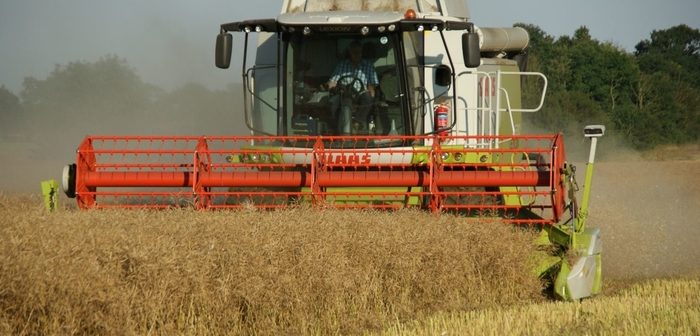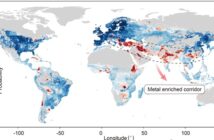A round table discussion concluded that the agricultural industry needs to change, as some of the systems are flawed, however there was agreement that with research and a change in mindset, it’s possible to feed the increasing global population.
During the event, hosted by Emerald Research, crop production experts discussed how the effects of climate change are becoming increasingly obvious.
“Any action to readdress the balance needs to be urgent,” said Simon Fox, founder and director of Emerald Research.
“The problem is that we’ll need to produce at least 55% more food to meet demands of the growing population on potentially 10% less land than we have now.
“So essentially, we must be substantially better at producing food than we currently are.”
Owen Jones, director of Emerald Research, echoed this, explaining there are a number of ‘headwinds’ that the industry is up against, including climate change, yield ceilings, increased disease and pest pressure, loss of actives and decline in controlled water availability.
“These challenges aren’t new and have been building over years, but they need to be addressed now,” said Owen.
Mike Harrington of Edaphos, added that we are in this situation because we have prioritised yield at any cost.
“Yield is regarded as king, and because of this our systems have become more intensive and standardised, meaning more issues have arisen,” he said.
“We need to have a rethink and create a ‘living system’ where plants want to grow, then the yields will follow.”
John Sarup from Spud Agronomy talked about the flaws in the current system. “One of the key outcomes of the debate was the good possibility that RB209, the current standard industry fertiliser recommendation programme, is actually probably not fit for purpose.
“Fundamentally we all start from a soil sample in a field. And if that soil sample doesn’t give us a true picture of what the crop can actually extract from the soil, then we’re not starting with a level playing field,” he said.
Wilson Boardman, founder and chief scientist of Micromix Plant Health, explained that he felt they all agreed on the same philosophy, and that is achieving better crop production, while maintaining and even increasing yields by improving nutrition and simultaneously reducing pesticides.
“Ultimately, it’s all about creating a more sustainable way of growing crops with fewer waste products and less pollution.”
Simon explained that as a result of the debate, it’s obvious we all agree that we can’t keep doing the same things over and over, the fundamentals of farming have to change.
“The right approach is one that puts nutrition, bio stimulation and microbials front and centre while treating the entire growing system holistically and not taking an obsolete, piecemeal approach,” he added.
“We need to take the next step and find ways to accelerate the increases in production we need and prove that it’s possible to do this while decreasing the amount of fertilisers, particularly Nitrogen, that we use, along with our reliance upon synthetic pesticides.
“Focusing on increased and improved crop health means we can generally produce more food in better ways, more sustainably while reducing environmental impact and emissions at the same time,” concluded Simon Fox.




